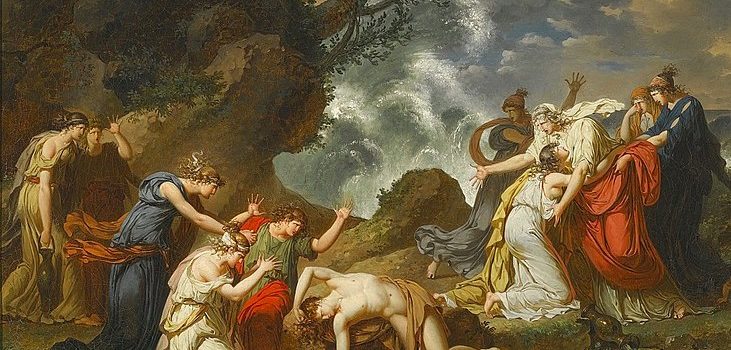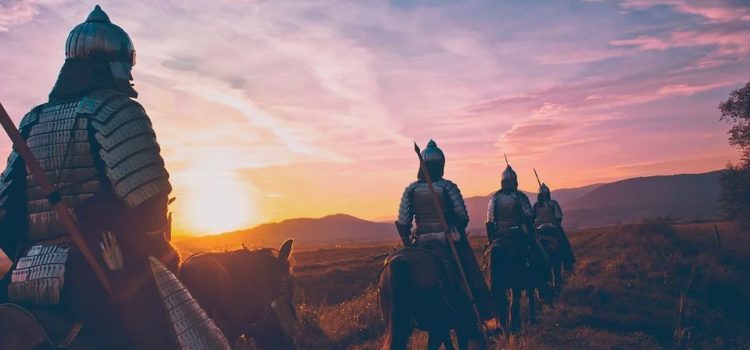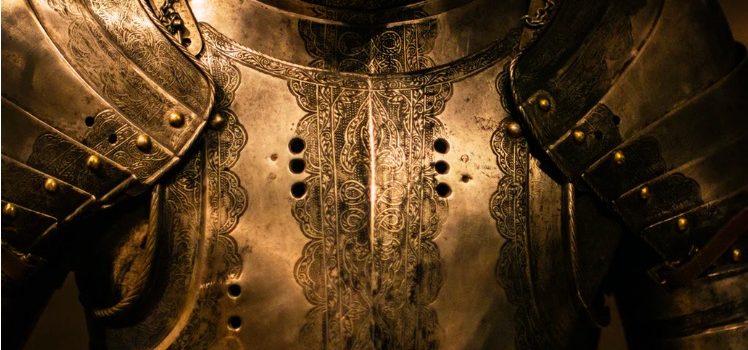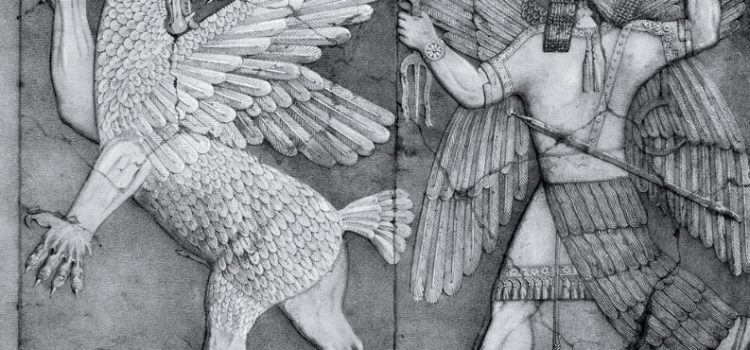What is the origin of monotheism? How did our ancestors move from worshipping many gods to worshipping a single God? The origin of monotheism is in the individual’s fondness for one particular god in a polytheistic religion. People started worshipping a single, favorite god, and this single god retained the biases and interests of the polytheistic gods. We’ll cover the origin of monotheism from polytheism and how this lay the foundation for some of the most widespread religions today.
Origin of Monotheism: People Played Favorites With One God










